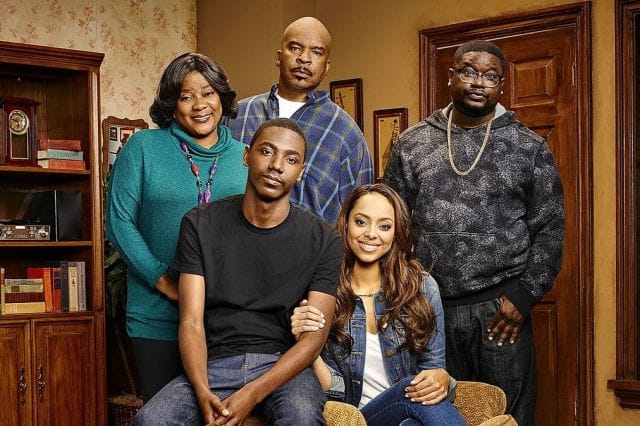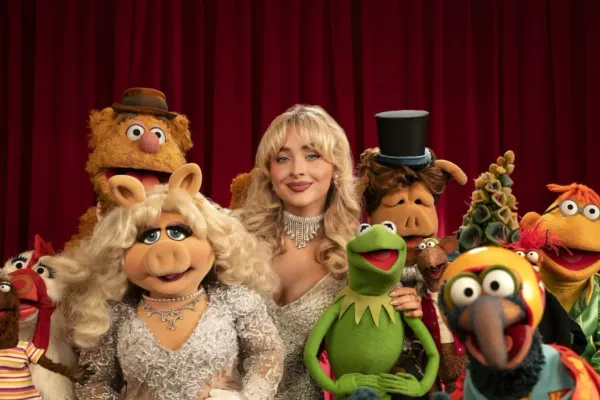Episodes: What we talk about when we talk about multi-camera sitcoms

Fairly early in my critical career, I read a piece by someone (almost certainly Jaime Weinman) that reconfigured a lot of how I thought about TV and about TV criticism. TV criticism, he said, was strongly driven by consideration of form above all else. And by that, I don't mean formal elements, like editing or cinematography. I simply mean the form of the program itself.
This is nowhere more apparent than with the multi-camera sitcom, a much-maligned form that's beginning to get a mild amount of cachet again in the last several years. It started in earnest with The Big Bang Theory's embrace by certain members of the critical establishment, and it's gone on to encompass the generally liked Mom, the underseen Cristela (which was canceled), and the real breakthrough of this summer's Carmichael Show, which garnered genuine love, and not just as a throwback. (I enjoy, on some level, all four of these shows.)
These four shows broke free of the trap that multi-camera shows have been assigned to, which is that multi-camera shows are not good specifically because of the format they are presented in. I don't want to give away the game of a piece I've been working on for two years, across two publications, now, but I think part of this is because talking about multi-camera shows is hard. It requires a grammar that most of us (including myself) don't readily speak in: theater criticism.
This is not to say that multi-cams are an exact fit for theater. They're still primarily cinema and, as such, we should continue to evaluate them as such. But it also doesn't make a lot of sense to hold things against them that stem from their theatrical roots. The form has always been a hybrid, and holding that against it is just a little bit weird.
But it also means that we need more facility with the tropes of the American theater than we have, and, to be honest, that cuts both ways. Part of why the multi-cam fell out of favor stems just as much from writers and directors forgetting how to write and direct these things so they simultaneously work as short films AND one-act plays, even as critics struggled to figure out how to make sense of them as the hybrids they were.
I suspect part of why I love the multi-cam so much is because I studied theater in college and, for a time, thought I wanted to be a college theater professor/director. (There are still days when running away to theater grad school in Montana seems a viable option.) There are just things you can do and stories you can tell in the theater that you can't tell anywhere else. There's a sense of build and of time. There's a real feeling of something slowly being revealed to you that's hard to capture anywhere else in television. Walter White's evolution may take years to unfold, but the way it happens is very momentous and action-packed. TV, by and large, despises lulls, but for the multi-cam, where it's the normal order of the day.
And that's all theater. Somewhere, deep within its soul, the multi-camera sitcom is just a 1950s stage comedy, back when Broadway was at the center of American culture. As it's waned and as more and more writers and directors have thought of film before the stage, the multi-cam has been an unfortunate casualty.
And yet the multi-cam is cinematic, too. There are moments strewn throughout its history that are as well-directed as any in television, especially when James Burrows is behind the camera. (The mise en scene in the first few seasons of Cheers is frequently glorious, but I'd also look to what he did on Taxi.) Again, the hybrid.
This is more of a few scratchy notes than a full essay, I'm afraid, but it hopefully gives you a sense of where my mind is at. Multi-cams are good! Go and watch The Carmichael Show. I'll see you on Monday.
--
Episodes is published daily, Monday through Friday, unless I don't feel like it. It is mostly about television, except when it's not. Suggest topics for future installments via email or on Twitter. Read more of my work at Vox Dot Com.




